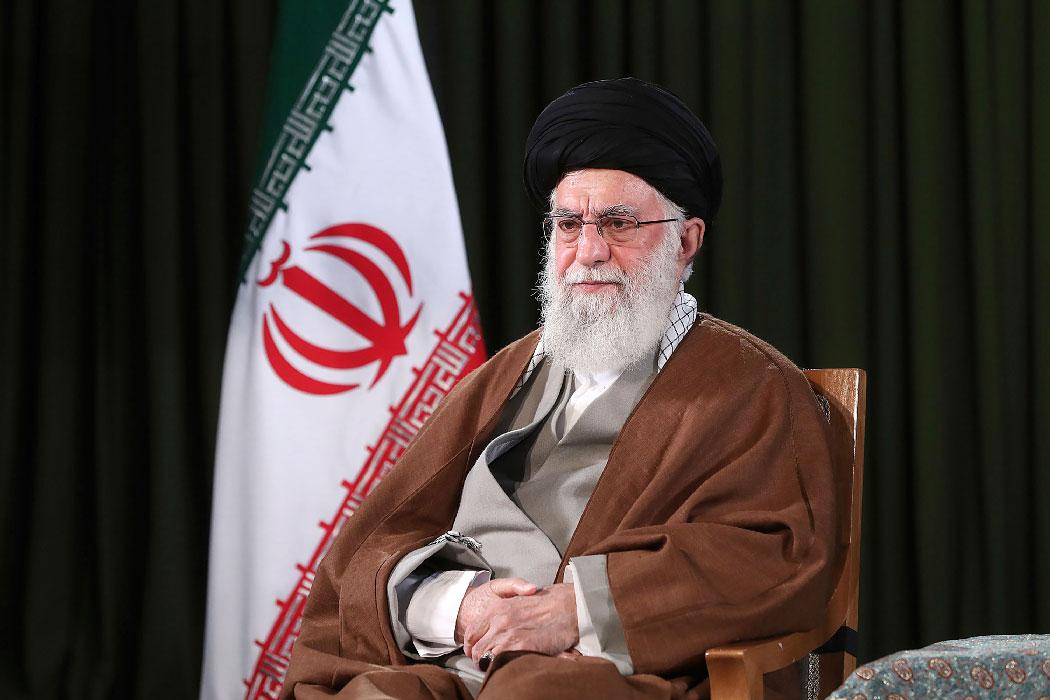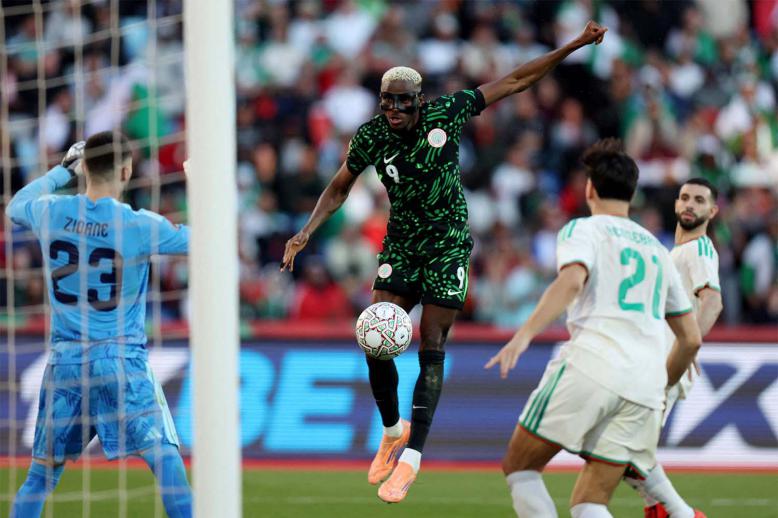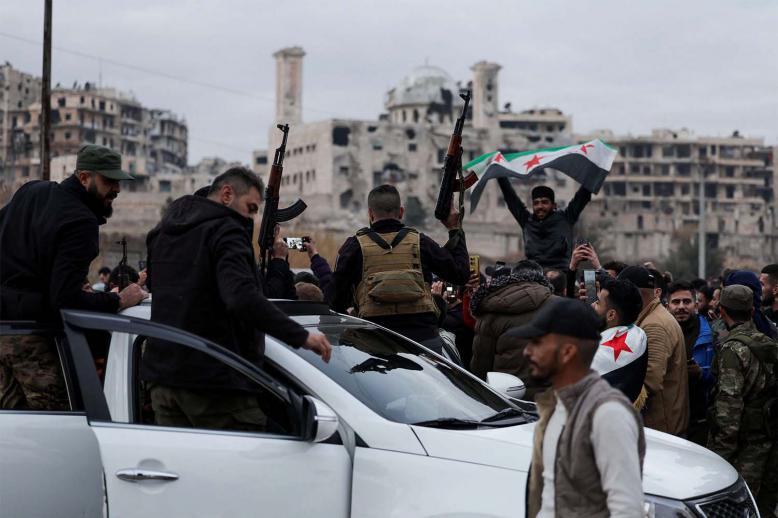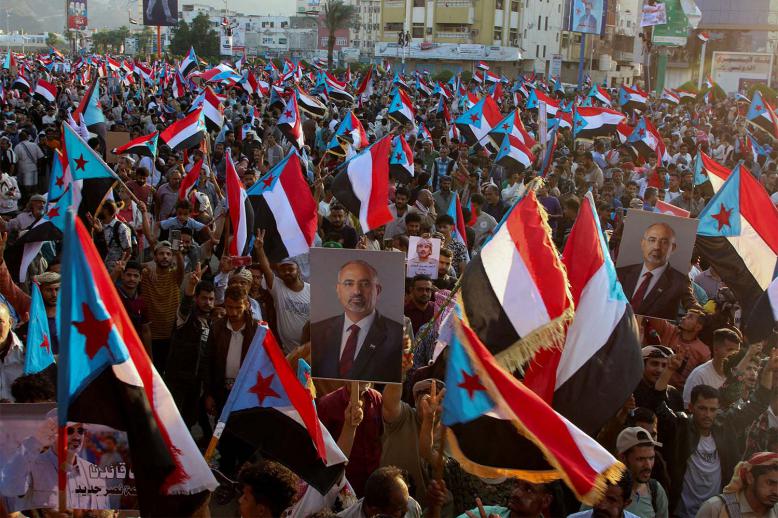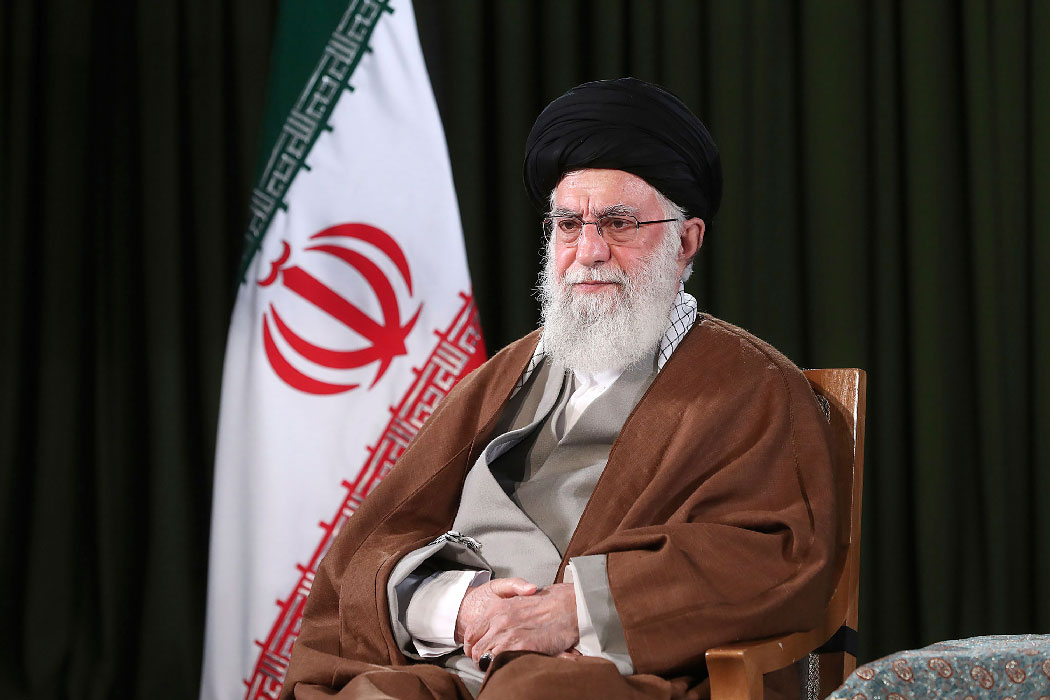Iran manoeuvres to get US sanctions lifted
ISTANBUL - Iran is rejecting offers of international help to fight coronavirus in hopes of getting US sanctions lifted.
The pandemic has hit Iran harder than any other country in the Middle East. Iranian Health Ministry figures March 24 said nearly 25,000 people in the country has been infected and approximately 2,000 have died since the first coronavirus case was diagnosed in Iran in mid-February. Only Italy, China and Spain have seen more fatalities.
Teheran has been criticised for downplaying the threat posed by the virus and under-reporting infections and deaths. Even though the government called on citizens to stay home, thousands turned out for the funeral of high-ranking Islamic Revolutionary Guard Corps commander Hossein Assadollahi March 23 near Tehran.
Iranian President Hassan Rohani said Iran had no intention of accepting an offer of humanitarian assistance from the United States and that the Trump administration should end its “maximum pressure campaign” instead.
“American leaders are lying… If they want to help Iran, all they need to do is to lift sanctions… Then we can deal with the coronavirus outbreak,” Rohani said March 23 in a televised speech.
Rohani’s remarks echoed a statement by Iranian Supreme Leader Ayatollah Ali Khamenei, who said his country would never accept aid to fight the coronavirus from arch-enemy and “charlatans,” the United States.
Citing a conspiracy theory that claims the virus could have been created by the United States, Khamenei asked “who in their right mind would trust you to bring them medication?” He alleged that the virus was “specifically built for Iran using the genetic data of Iranians that they have obtained through different means.”
Reports said Iran also rejected a plan by the medical aid organisation Doctors Without Borders (MSF) to build a 50-bed inflatable hospital, staffed with an emergency team of nine people, in Isfahan.
MSF said the hospital had been sent to Iran from France by air but the US-financed Radio Farda reported that an adviser to Iranian Minister of Health Alireza Vahabzadeh called the MSF action “irrelevant.” MSF did not immediately respond to a question for clarification.
US President Donald Trump, who has stepped up sanctions against Tehran over its nuclear programme, said on February 29 that Washington was ready to help Iran fight the virus if its leaders requested it.
However, there is no sign that Washington would ease sanctions. US Secretary of State Mike Pompeo signalled the United States was unreceptive to Tehran’s request for a loan from the International Monetary Fund, where Washington effectively holds a veto, accusing the regime of funding “terror abroad” with its resources.
Reports said there was a debate inside the Trump administration of how to respond to attacks by pro-Iran militias on US military installations in Iraq.
One group of advisers, including Pompeo, argued for a forceful response while others, such as US Secretary of Defence Mark Esper, said there was no clear evidence Iran ordered a recent attack that killed two US servicemen and a British soldier, the New York Times reportes.
NBC News reported that Trump “expressed concern that hitting back hard at Iran at this time would make the United States look bad given the extent to which Iran and the rest of the world are struggling to contain the spread” of the coronavirus.
More than 25 organisations, including the National Iranian American Council (NIAC) and the International Crisis Group think-tank, asked Trump in an open letter to loosen sanctions for four months.
“To help stem the continued spread of the virus inside Iran and beyond, we urge you to issue a time-bound suspension of those US sanctions that make it harder for ordinary Iranians to secure basic goods and services to weather the crisis,” the letter, published on the NIAC website, read.
Some of the United States’ allies also voiced concern because Iran is a regional hotbed for the virus.
Pakistani Prime Minister Imran Khan asked Trump to lift the sanctions. “The people of Iran are facing untold suffering as sanctions are crippling Iran’s efforts to fight COVID-19,” Khan wrote on Twitter.
However, observers say the Trump administration is not expected to ease pressure on Iran. Washington argues that the sanctions regime does not ban the import of medical supplies and machines.
“The Trump administration is infected by an addiction to its own sanctions and is unlikely to suspend them to help Iran contain the spread of COVID-19,” Ali Vaez, director of the Iran Project at the Crisis Group, said via e-mail, “but as Iran’s neighbours have realised: If Iran sneezes, they will catch a cold.”
Vaez said the US government was hoping to “bring Iran to its knees” with the combined effect of sanctions and the coronavirus crisis.
“That is a misguided understanding of Iran's strategic calculus, as the weaker Tehran becomes the less it will want to negotiate with the US,” Vaez said. “The US indifference to the well-being of the Iranian people in the midst of this public health crisis will have long-term consequences.”
Thomas Seibert is a contributor in Istanbul for The Arab Weekly, where this article was originally published.


